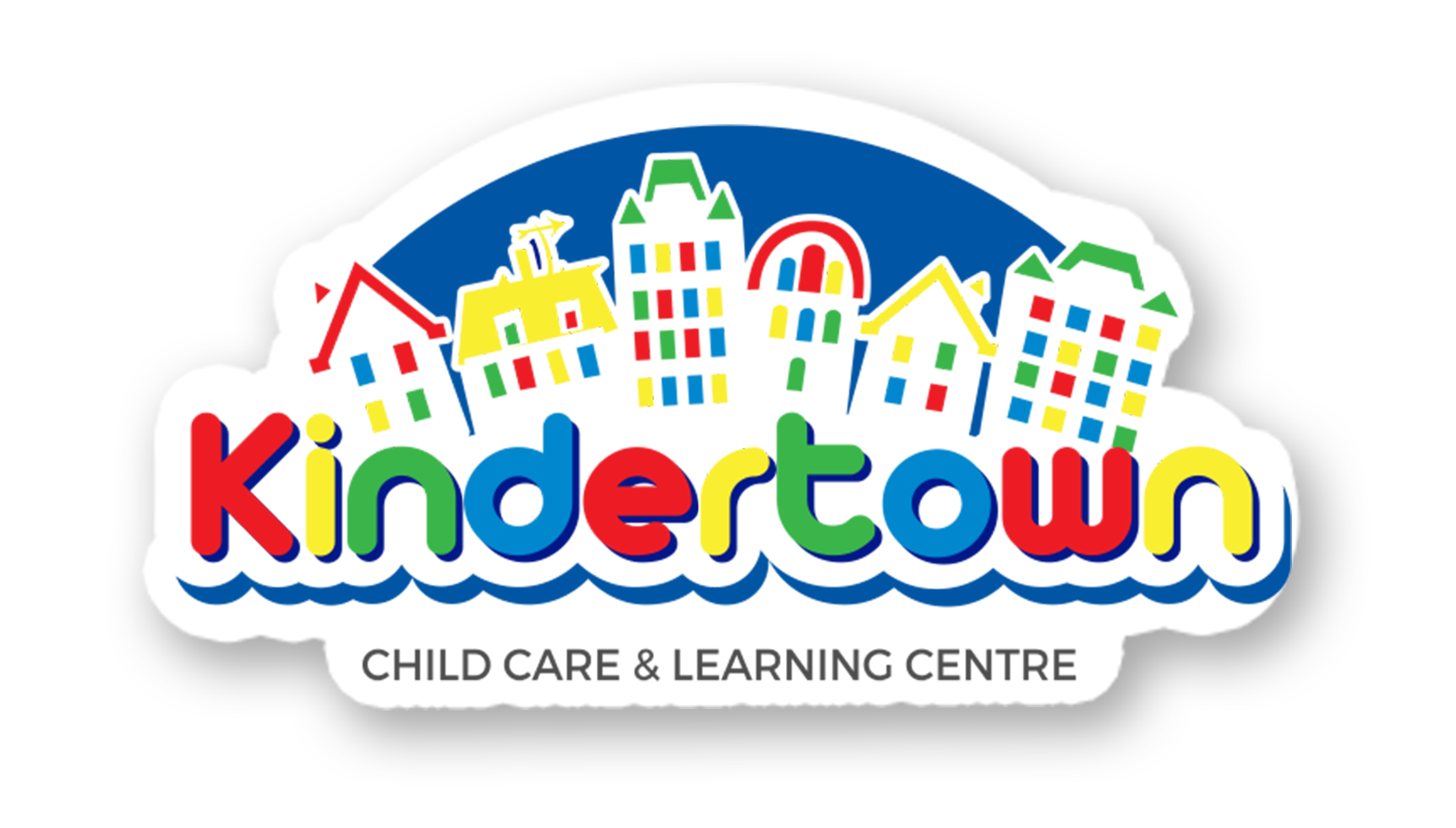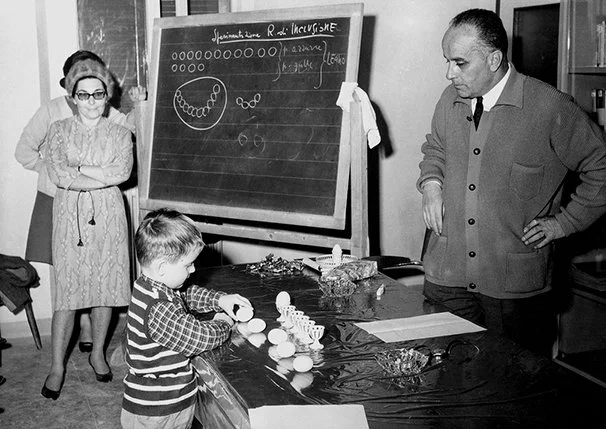Creating an enriching and inclusive early learning environment requires deep intention and care. Children on the autism spectrum thrive in spaces where structure, beauty, and connection to the natural world come together harmoniously. By employing refined strategies, fostering meaningful communication, and embracing the pedagogical power of nature, educators and families can cultivate a setting where every child flourishes.
Read MoreArt is a universal language that allows us to express our thoughts, emotions, and creativity. Introducing young children to various art forms, methods, techniques, and renowned artists throughout history can ignite their imagination, foster self-expression, and broaden their understanding of different cultures.
Read MoreAs science increasingly uncovers the remarkable adaptability of the human brain, early childhood care takes on an even more significant role. The concept of neural plasticity—the brain's ability to change, adapt, and grow—is at the heart of why a carefully crafted childcare curriculum is so essential during the formative years.
Read MoreArchitecture is more than just beautiful buildings—it’s a celebration of culture, history, and the human imagination. When we introduce our little ones to the wonders of architecture, we’re not just teaching them about shapes and structures. We’re opening their eyes to new ways of thinking, sparking their creativity, and helping them see the world in a whole new light.
Read MoreAt Kindertown Childcare and Learning Centre, we believe that strong relationships between families and educators are the heart of a child’s success. These connections create a nurturing environment where children feel supported, parents feel valued, and educators can do what they do best—help little ones flourish. Let’s take a closer look at how these relationships build a foundation for growth and joy in early childhood education.
Read MoreThe College of Early Childhood Educators (CECE) is a regulatory body in Ontario, Canada that oversees the professional standards and practice of early childhood educators (ECEs). It was established in 2007 under the Early Childhood Educators Act, which mandates the registration and regulation of all ECEs working in Ontario
Read MoreChildren express themselves in different ways - sometimes this is through frustrated or aggressive behaviour. For early childhood educators, this can be a difficult and intimidating experience - but there are ways to negotiate and work alongside the child to create a positive learning environment.
Read MoreLoris Malaguzzi was an Italian educator and the founder of the Reggio Emilia approach to early childhood education. One of the key principles of this approach is the idea of "the hundred languages of children," which refers to the many ways in which children can express themselves and make sense of the world around them. Malaguzzi believed that children have not just one language, but a hundred, and that they should be encouraged to explore and express themselves through all of these languages.
Read MoreEarly childhood educators across Canada play a crucial role in the development of young children. They are trained professionals who work with children, their families and the surrounding community to create a vibrant and engaging way of life across neighbourhoods and entire cities.
Read MoreLearning how to tie shoes is an important achievement here at Kindertown, and is a sign of our K-Town kids growing independence, and self-confidence. We’ve put together some some strategies and tips that parents can use to teach their child how to tie their own shoes at home:
Read More









